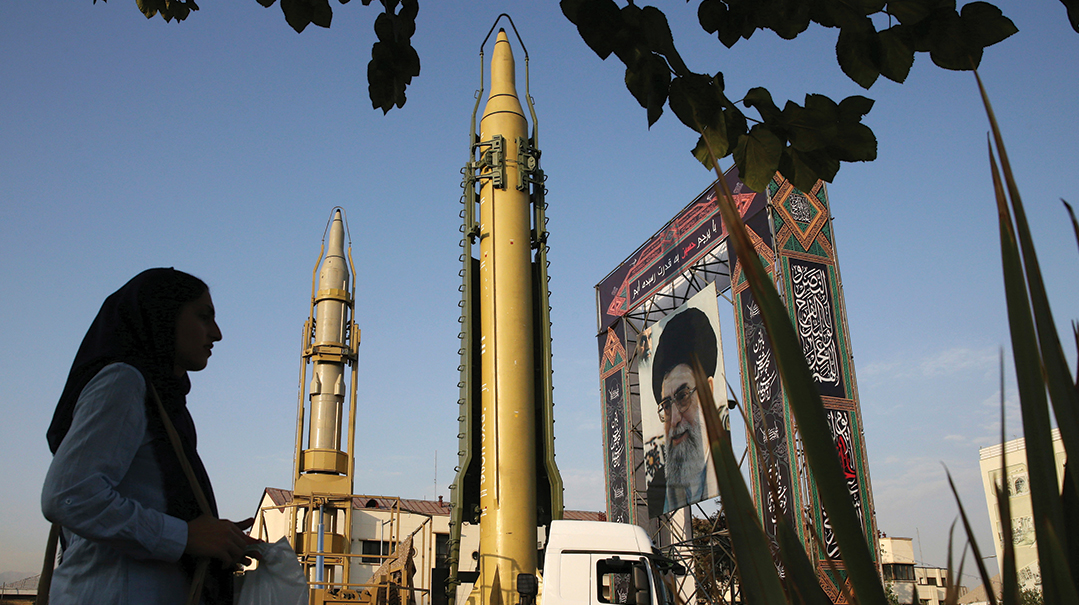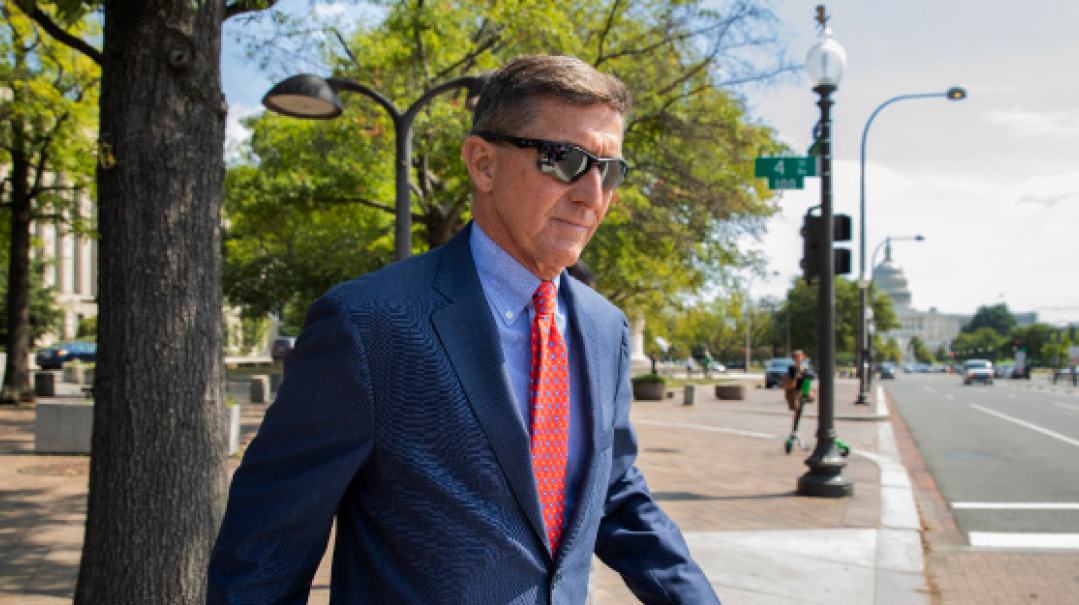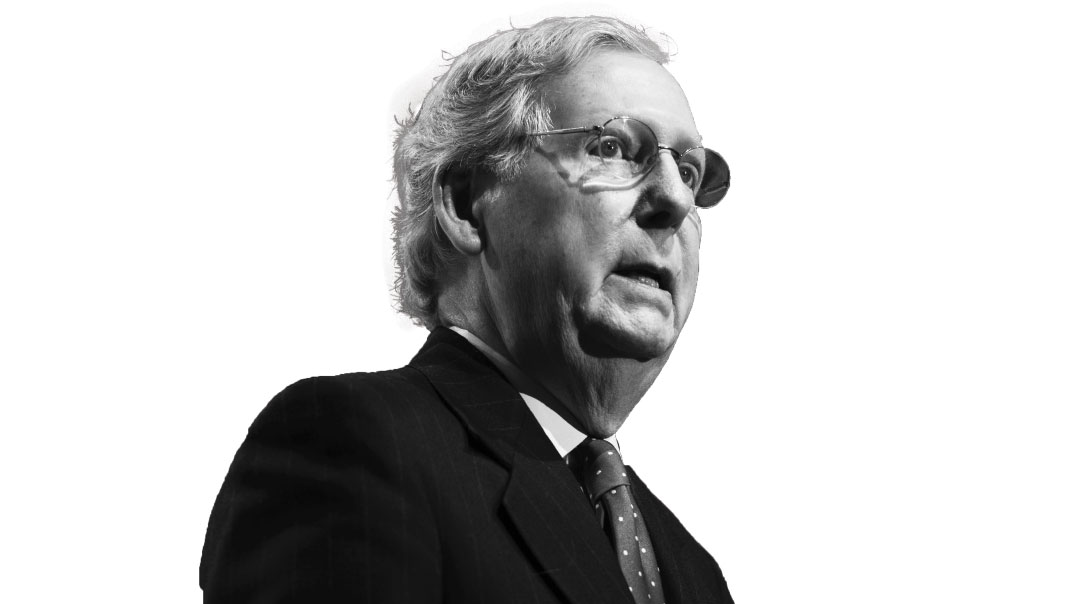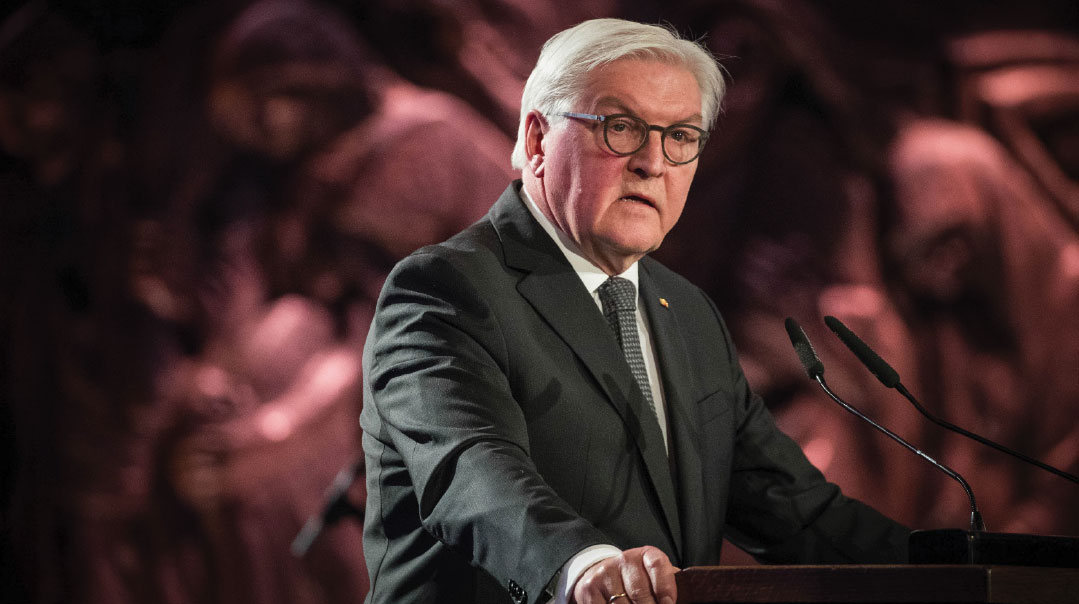The October Showdown with Iran

Iran’s recent behavior reveals they are not like the Western nations who became Iran’s partners as part of the JCPOA

Over the last few months, Iran has been conducting a master’s class in brinkmanship.
Oil prices are at historic lows. International sanctions have deprived the country of basic goods, cut off Iran’s banks, and targeted the regime’s leadership. The COVID-19 pandemic has killed at least 6,000 Iranians, and nearly 100,000 have been infected with the virus, though experts say the true numbers are probably much higher. To top it off, US Secretary of State Mike Pompeo recently articulated a US plan to enforce “snapback sanctions” against Iran in the UN Security Council, bringing back the onerous sanctions that were relieved with the enactment of the 2015 Joint Comprehensive Plan of Action (JCPOA).
And yet, with all these roadblocks, Iran has marched forward with its plan to control Syria and Lebanon, where it threatens Israel; harasses US naval vessels in the Persian Gulf; and continues to enrich uranium at ever-higher levels in retaliation for what it says is the failure of the JCPOA’s signatories to fully honor the agreement.
This is no ordinary regime. One of the arguments the Obama administration made in favor of the JCPOA was that the agreement would more closely tether the Iranians to the international community, with the goal of building trust and moderating the regime’s behavior. After all, what nation doesn’t want to see its people healthy and prosperous, the argument went. The Iranians, after all, are just like the rest of us.
But Iran’s recent behavior reveals they are not like the Western nations who became Iran’s partners as part of the JCPOA, said Gen. Yossi Kuperwasser, director of the Project on Regional Middle East Developments at the Jerusalem Center for Public Affairs. One hint is that Iran, which he refers to as a “missionary regime,” is led by a cleric, and not a politician.
“They are facing a lot of pressure, but they understand that this pressure is not enough to cause them to give up this aggressive policy,” said Kuperwasser, a former director general of the Israeli Ministry of Strategic Affairs. “The regime exists in order to spread the revolution and spread their version of Islam.
“They have been put in a position where they have to make a difficult decision,” he added. “And the fact is that they have decided to spend their money on exporting the revolution and moving forward with the nuclear project rather than the welfare and well-being of the population.”
It seems obvious, but Iran may very well be holding out for a change of leadership in the United States. With presumptive Democratic nominee Joe Biden holding a steady lead over President Trump in nationwide polls, the regime may simply be stalling for time until Biden, and a more amenable group of liberal national security advisors, soften the US policy.
But hopes that the United States might rejoin the JCPOA are far-fetched, Kuperwasser said. For one, Iran is now in violation of the core of that agreement. In March, the United Nation’s nuclear watchdog announced that Iran had increased its stockpile of enriched uranium from 373 kilograms to 1,050, or nearly threefold. Even if Biden wins the presidential election in November, it would be difficult for him to formally rejoin an agreement that has clearly been breached. The Europeans, it seems, are willing to tolerate even the total erosion of a deal that they trumpeted as a diplomatic breakthrough. But not the United States.
Kuperwasser said the next six months will test the Iranians’ mettle.
“They will be able to hold their breath until the elections in November and then pray [that the American electorate] gives them somebody not named Trump,” he said. “The only problem sticking to this policy is that at some point the terrible economic conditions may force citizens into the streets.”
COVID-19, perversely, has only helped the regime in this regard, Kuperwasser said. Iran has appealed to the international community to help it fight the virus, and international bodies have responded. Even the United States offered to help. And with relatives and friends dying, the average Iranian may see the current government as the best hope for beating back the health crisis.
The Trump administration may have an ace up its sleeve, however. Secretary of State Mike Pompeo said last month that the United States will push for so-called “snapback sanctions” on Iran before October, the date when an international arms embargo on Iran is set to expire — another component of the JCPOA.
At the time of the deal, in 2015, the Obama administration claimed that ending the arms embargo was the only way to entice the Iranians to sign the agreement. The JCPOA not only granted the Iranians the right to enrich uranium to higher levels after a period of 15 years, it also allowed the mullahs to buy advanced weapons on the open market after five years. (Just two reasons that Israel so emphatically opposed the JCPOA.) If experience is any guide, Iran will surely use those weapons to rearm proxies in Lebanon, Syria, and Yemen, and use a nuclear bomb to threaten its enemies.
But Pompeo is now arguing that the United States, though it withdrew from the deal, still has the power as an original signatory to enforce UN Resolution 2331, which allows for all the sanctions removed from Iran to be reimposed if Iran violates the agreement. As Secretary of State John Kerry told Congress in July 2015: “The United States has the ability to reimpose unilateral and multilateral nuclear-related sanctions in the event of Iran’s nonperformance… We could do so over the objections of any member of the Security Council, including China or Russia.”
That pledge will now be put to the test. In Kuperwasser’s view, the Europeans, along with the Russians and Chinese, will not have much power to stop the United States.
“Everybody now has to work under this American threat,” he said. The JCPOA signatories may be willing to strike a bargain with the Trump administration if it means the nuclear deal can be kept alive, he said. “They have been pushed to the corner, and now they will have to consider whether the extension of the arms embargo is better for them than the snapback sanctions.”
An incoming President Biden might also welcome avoiding a big decision on Iran early in his term. And Pompeo’s move would buy another day for Israel, and the world, to prevent Iran from acquiring a nuclear weapon.
(Originally featured in Mishpacha, Issue 809)
Oops! We could not locate your form.













